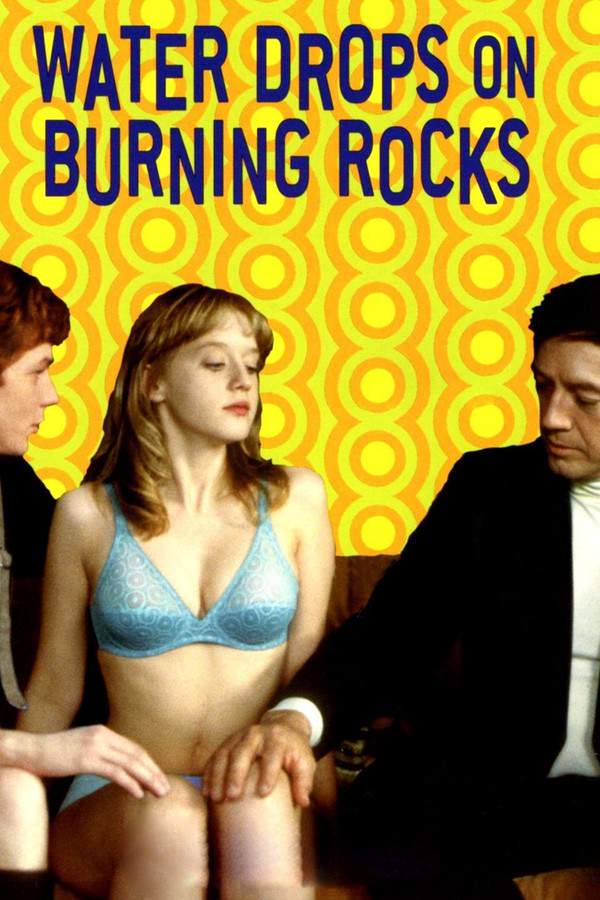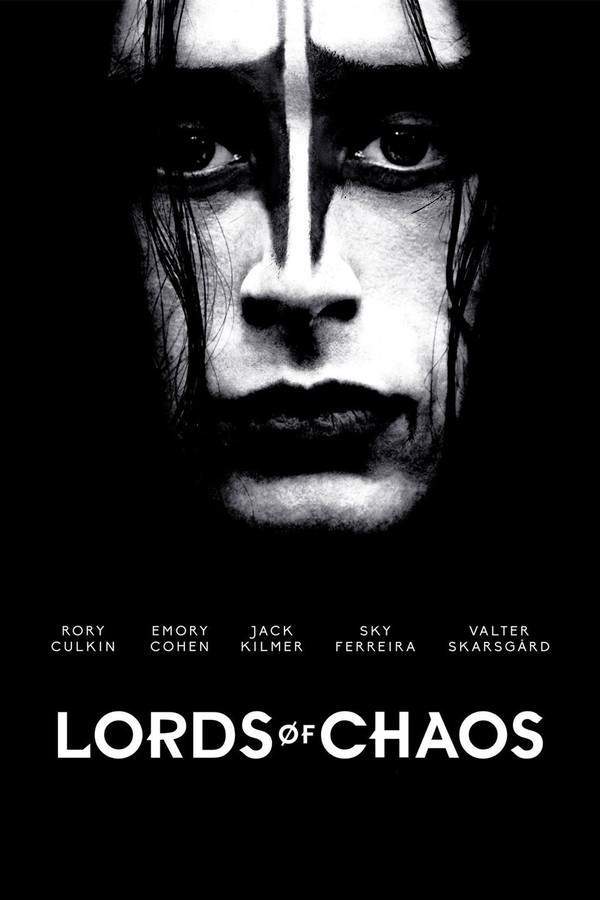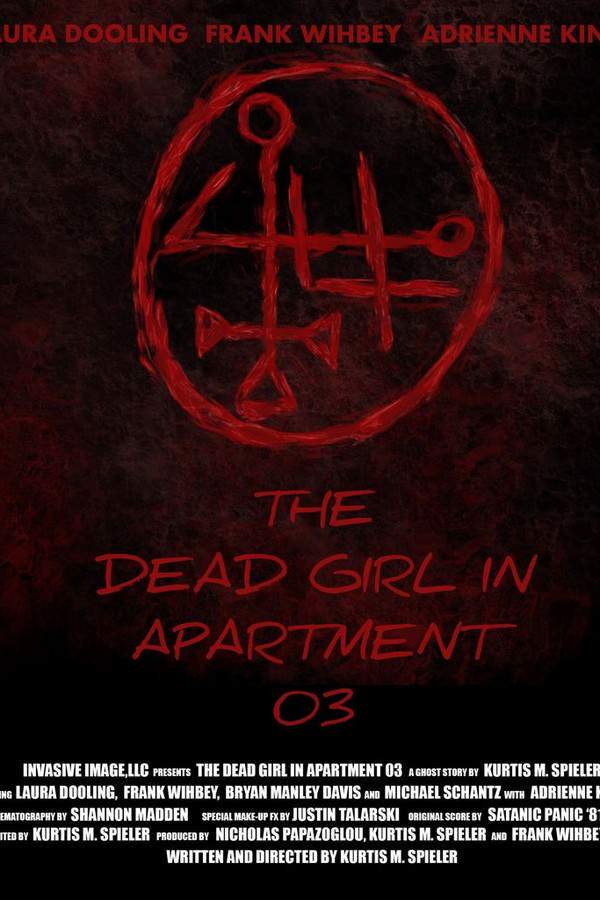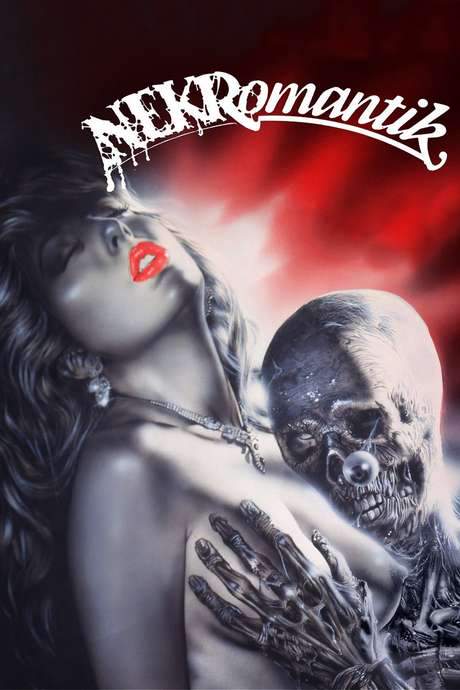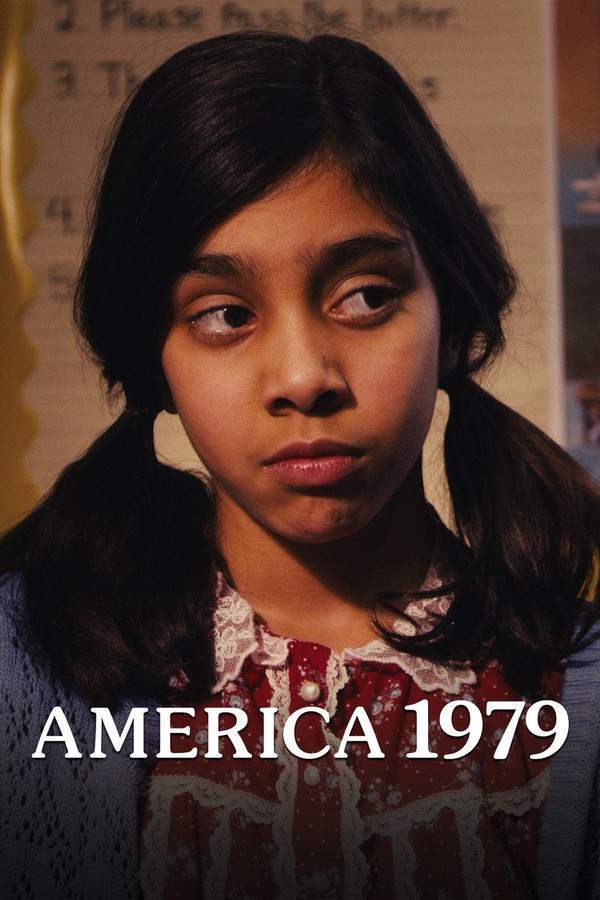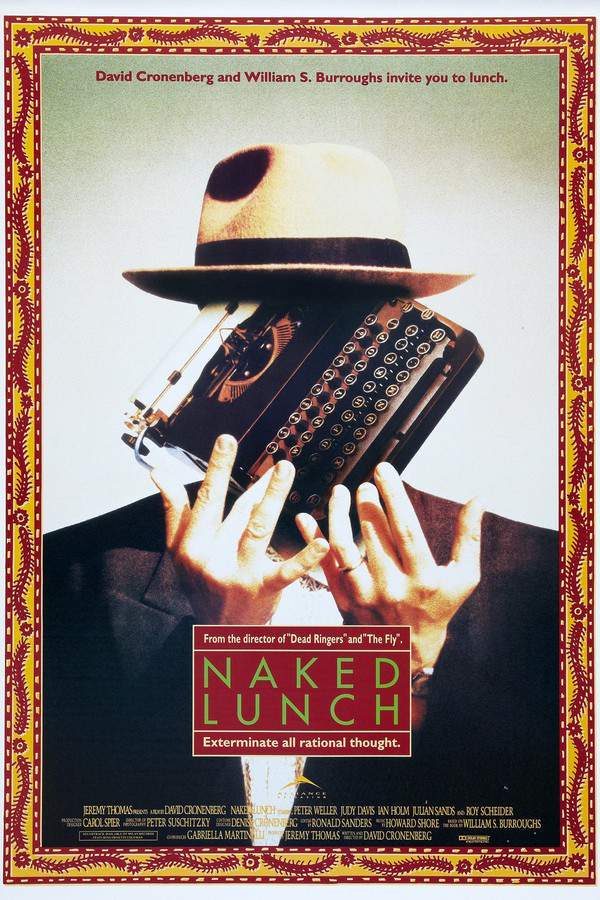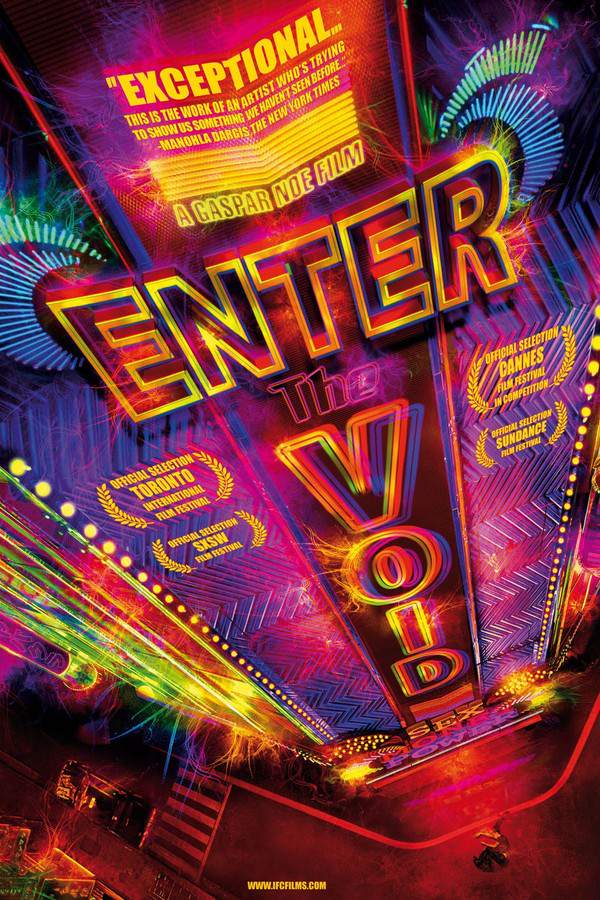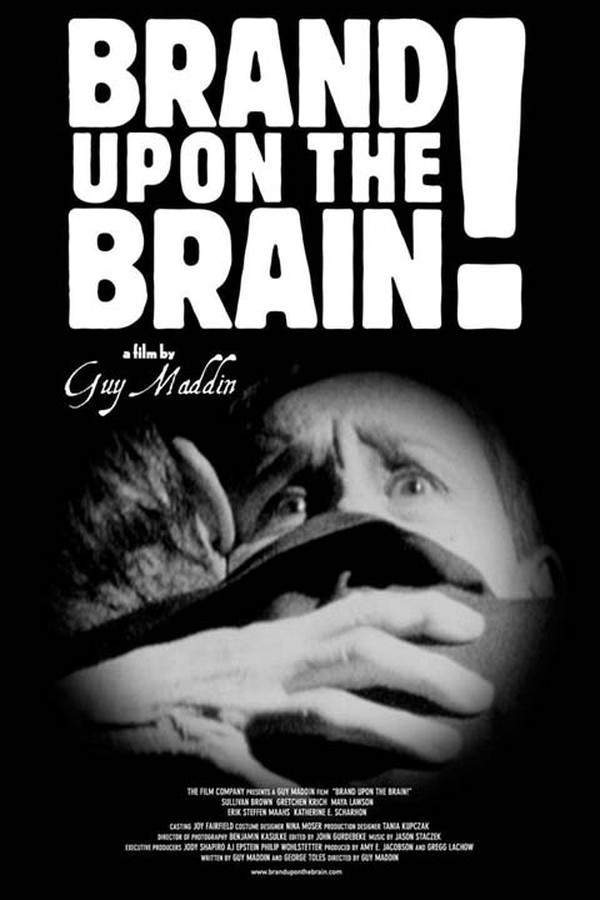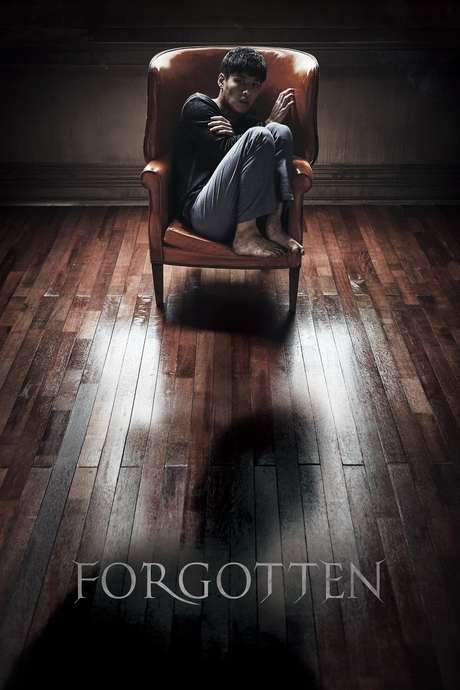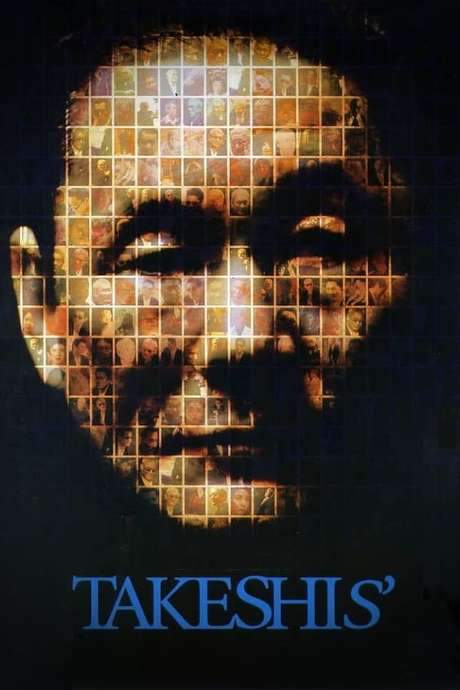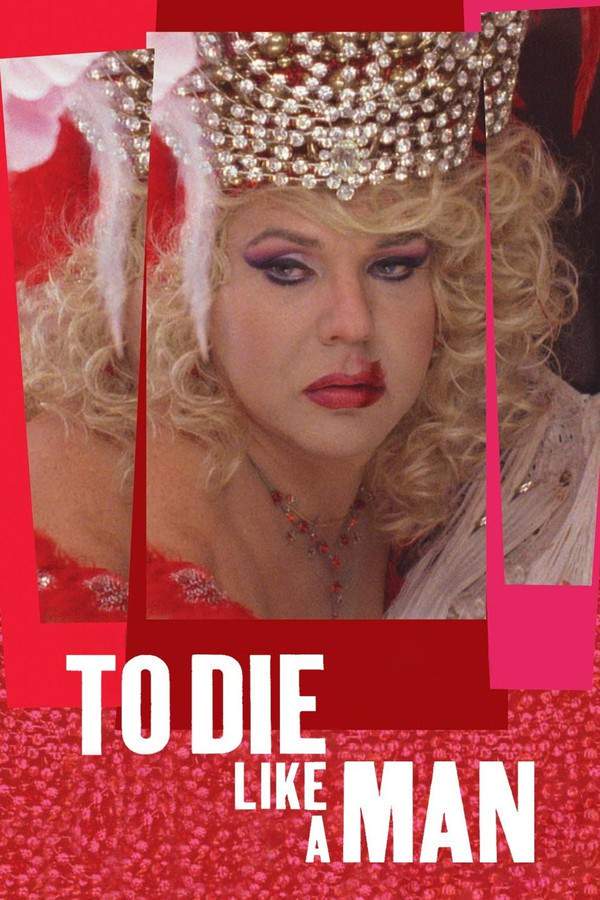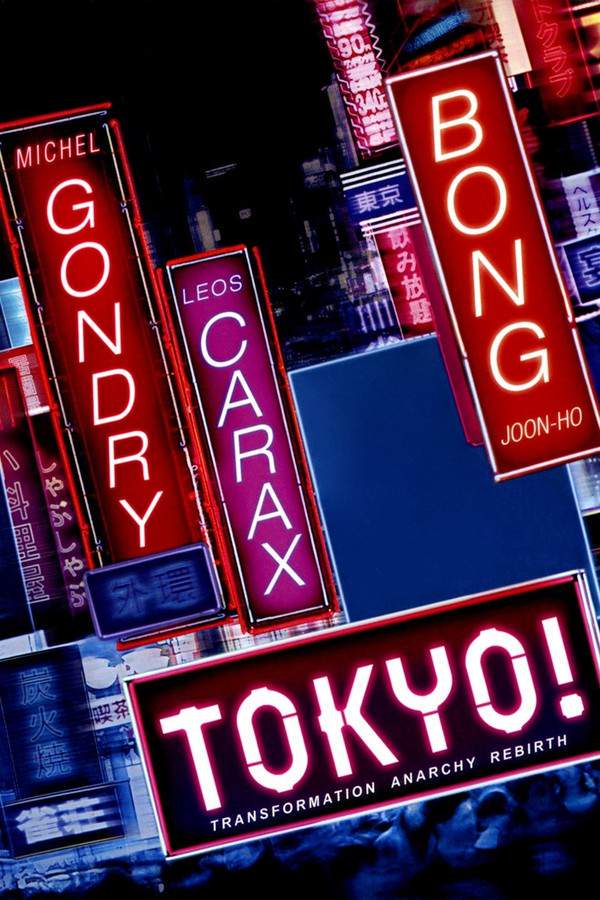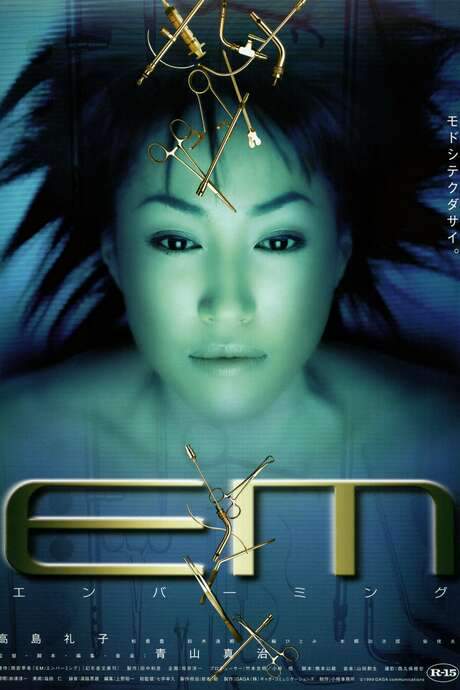
Funeral Parade of Roses
Year: 1969
Runtime: 105 mins
Language: Japanese
Director: Toshio Matsumoto
Set in 1960s Tokyo, Gonda runs a bar that serves as a hub for gay, cross‑dressing and trans communities. She shares a relationship with the bar’s madam, Leda, but when the younger Eddie begins a passionate affair with Gonda, jealousy erupts. Leda’s anger is compounded by a hidden past that links the three of them.
Warning: spoilers below!
Haven’t seen Funeral Parade of Roses yet? This summary contains major spoilers. Bookmark the page, watch the movie, and come back for the full breakdown. If you're ready, scroll on and relive the story!
Timeline & Setting – Funeral Parade of Roses (1969)
Explore the full timeline and setting of Funeral Parade of Roses (1969). Follow every major event in chronological order and see how the environment shapes the story, characters, and dramatic tension.
Last Updated: October 04, 2025 at 15:24
Main Characters – Funeral Parade of Roses (1969)
Meet the key characters of Funeral Parade of Roses (1969), with detailed profiles, motivations, and roles in the plot. Understand their emotional journeys and what they reveal about the film’s deeper themes.
Last Updated: October 04, 2025 at 15:24
Major Themes – Funeral Parade of Roses (1969)
Explore the central themes of Funeral Parade of Roses (1969), from psychological, social, and emotional dimensions to philosophical messages. Understand what the film is really saying beneath the surface.
Last Updated: October 04, 2025 at 15:24
Explore Movie Threads
Discover curated groups of movies connected by mood, themes, and story style. Browse collections built around emotion, atmosphere, and narrative focus to easily find films that match what you feel like watching right now.
Movies like Funeral Parade of Roses: Underground Subculture Tragedies
Intimate stories of marginalized communities heading towards a dark, inevitable end.Find movies similar to Funeral Parade of Roses that explore intense, tragic stories set within marginalized or underground communities. These films often feature heavy emotional weight, dark tones, and a bleak outlook, providing a raw look at identity, trauma, and fatalism.
Narrative Summary
Narratives in this thread typically follow characters deeply embedded in a specific, often ostracized, community. Their journeys are not about escape or triumph but about the psychological and emotional unraveling fueled by past trauma, internal conflict, and the oppressive nature of their world, leading to a tragic conclusion.
Why These Movies?
These films are grouped for their shared commitment to portraying the beauty and brutality of subcultural life, their dark and heavy emotional tone, and their focus on characters whose fates seem sealed from the outset by personal and societal forces.
Surreal and Complex Psychological Movies like Funeral Parade of Roses
Where nonlinear narratives and dreamlike visuals reveal deep-seated trauma and identity crises.Discover complex, surreal films that use nonlinear narratives, similar to Funeral Parade of Roses. If you liked its dreamlike style and exploration of deep trauma, these movies offer similarly challenging and thought-provoking viewing experiences with high complexity.
Narrative Summary
The narrative pattern is defined by a rejection of linear time, employing flashbacks, fantasies, and symbolic sequences that interrupt the present-day story. This structure is not merely stylistic but essential for understanding the character's psychological state, as past trauma violently intrudes upon and ultimately dictates their present reality.
Why These Movies?
Movies in this thread share a very high degree of narrative complexity, a surreal and dreamlike visual style, and a central focus on unraveling a character's profound psychological trauma. The viewing experience is intentionally disorienting and intellectually demanding.
Unlock the Full Story of Funeral Parade of Roses
Don't stop at just watching — explore Funeral Parade of Roses in full detail. From the complete plot summary and scene-by-scene timeline to character breakdowns, thematic analysis, and a deep dive into the ending — every page helps you truly understand what Funeral Parade of Roses is all about. Plus, discover what's next after the movie.
Funeral Parade of Roses Summary
Read a complete plot summary of Funeral Parade of Roses, including all key story points, character arcs, and turning points. This in-depth recap is ideal for understanding the narrative structure or reviewing what happened in the movie.

Funeral Parade of Roses Timeline
Track the full timeline of Funeral Parade of Roses with every major event arranged chronologically. Perfect for decoding non-linear storytelling, flashbacks, or parallel narratives with a clear scene-by-scene breakdown.

Funeral Parade of Roses Spoiler-Free Summary
Get a quick, spoiler-free overview of Funeral Parade of Roses that covers the main plot points and key details without revealing any major twists or spoilers. Perfect for those who want to know what to expect before diving in.

More About Funeral Parade of Roses
Visit What's After the Movie to explore more about Funeral Parade of Roses: box office results, cast and crew info, production details, post-credit scenes, and external links — all in one place for movie fans and researchers.

Similar Movies to Funeral Parade of Roses
Discover movies like Funeral Parade of Roses that share similar genres, themes, and storytelling elements. Whether you’re drawn to the atmosphere, character arcs, or plot structure, these curated recommendations will help you explore more films you’ll love.
Explore More About Movie Funeral Parade of Roses
Funeral Parade of Roses (1969) Plot Summary & Movie Recap
Funeral Parade of Roses (1969) Scene-by-Scene Movie Timeline
Funeral Parade of Roses (1969) Spoiler-Free Summary & Key Flow
Movies Like Funeral Parade of Roses – Similar Titles You’ll Enjoy
Departures (2009) Film Overview & Timeline
To Die Like a Man (2011) Plot Summary & Ending Explained
Tokyo! (2009) Full Summary & Key Details
Mourning Wife (2001) Story Summary & Characters
Tokyo Strangler (2006) Ending Explained & Film Insights
Warsaw Bridge (1990) Ending Explained & Film Insights
Noisy Requiem (1988) Full Movie Breakdown
The Funeral (1984) Detailed Story Recap
The Rose King (1986) Film Overview & Timeline
The Iron Rose (1973) Complete Plot Breakdown
Gate of Flesh (1964) Film Overview & Timeline
The Funeral (1996) Full Movie Breakdown
Pastoral: To Die in the Country (1974) Story Summary & Characters
Embalming (1999) Spoiler-Packed Plot Recap
Throw Away Your Books, Rally in the Streets (1971) Spoiler-Packed Plot Recap


